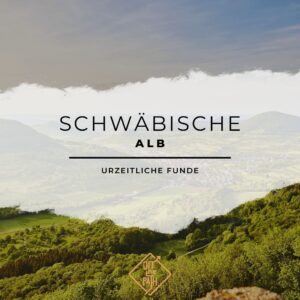

Die besten Reisekreditkarten
Vergleich aller Banken und wertvolle Tipps für die Reise

Die besten Rucksäcke
Finde deinen passenden Reisebegleiter

Versicherungen im Ausland
Auslandsrankenversicherungen für deine nächste Reise!

Die besten Flugsuchportale
So sparst du richtig viel Geld bei deiner Flugbuchung

Erlebe mit Off The Path exklusive Gruppenreisen, die du in der Art nur bei uns buchen kannst. Jede Reise haben wir bereits selbst erlebt, sodass wir dir ein einzigartiges Erlebnis bieten können, von dem wir wissen, dass es dir für immer in Erinnerung bleibt. Die Plätze bei unseren Gruppenreisen sind begrenzt – sichere dir jetzt einen der begehrten Plätze.


Der Off The Path Reisepodcast bringt dir jeder Woche Dienstag interessante Reisegeschichten aus der ganzen Welt!








Melde dich jetzt für unseren Newsletter an erhalte exklusive Einblicke und jede Menge Inspiration!
